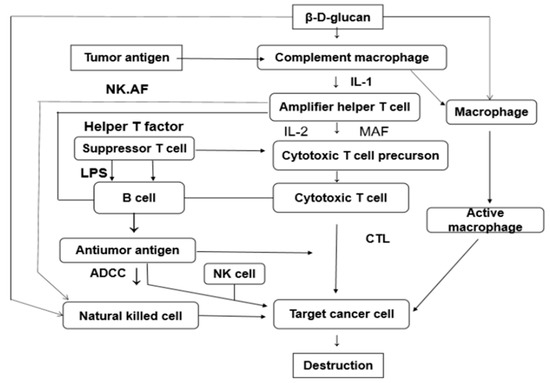

Today, labetalol is usually reserved for the acute management of hypertensive crises. Labetalol in clinical practice has several common off-label uses that include acute hypertension in pregnancy and hypertension associated with acute ischemic stroke, and intracranial hemorrhage, including subarachnoid hemorrhage. The FDA-approved indication for labetalol is the treatment of arterial hypertension, which ranges from acute hypertensive crises (urgent/emergency) to stable chronic hypertension. This activity covers labetalol, including mechanism of action, pharmacology, adverse event profiles, eligible patient populations, contraindications, monitoring, and highlights the role of the interprofessional team in the management of labetalol therapy.ĭue to their negative inotropic and chronotropic actions, beta-adrenergic receptor antagonists (e.g., carvedilol and metoprolol) are typically indicated in individuals with chronic cardiovascular disease (hypertension, coronary artery disease, congestive heart failure) with a significant reduction in mortality. The FDA-approved indication for labetalol is to treat arterial hypertension, which ranges from acute hypertensive crises (urgent/emergency) to stable chronic hypertension. The high cost and limited availability of glucagon may be the only factors precluding its future clinical acceptance.Due to their negative inotropic and chronotropic actions, beta-adrenergic receptor antagonists are typically indicated in individuals with chronic cardiovascular disease (hypertension, coronary artery disease, congestive heart failure) with a significant reduction in mortality. Glucagon-treated patients should be monitored for side effects of nausea, vomiting, hypokalemia, and hyperglycemia. The doses of glucagon required to reverse severe beta-blockade are 50 micrograms/kg iv loading dose, followed by a continuous infusion of 1-15 mg/h, titrated to patient response. Because it may bypass the beta-receptor site, glucagon can be considered as an alternative therapy for profound beta-blocker intoxications. This suggests that glucagon's mechanism of action may bypass the beta-adrenergic receptor site.

These effects are unchanged by the presence of beta-receptor blocking drugs. Glucagon increases heart rate and myocardial contractility, and improves atrioventricular conduction. Atropine and isoproterenol have been inconsistent in reversing the bradycardia and hypotension of beta-blocker overdose. Medical complications of beta-blocker overdose include hypotension, bradycardia, heart failure, impaired atrioventricular conduction, bronchospasm and, occasionally, seizures. The effects of glucagon in reversing the cardiovascular depression of profound beta-blockade, including its mechanism of action, onset and duration of action, dosage and administration, cost and availability, and side effects are reviewed. Two cases of severe beta-blocker overdose are presented that were treated successfully with glucagon therapy.

Can't read entire article without subscription. I haven't read all of article yet to see complete answer.


 0 kommentar(er)
0 kommentar(er)
